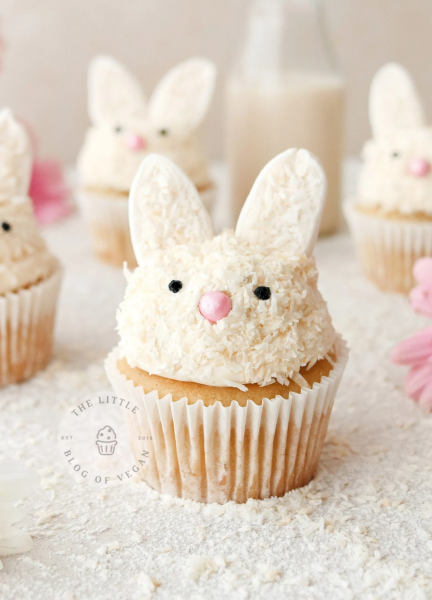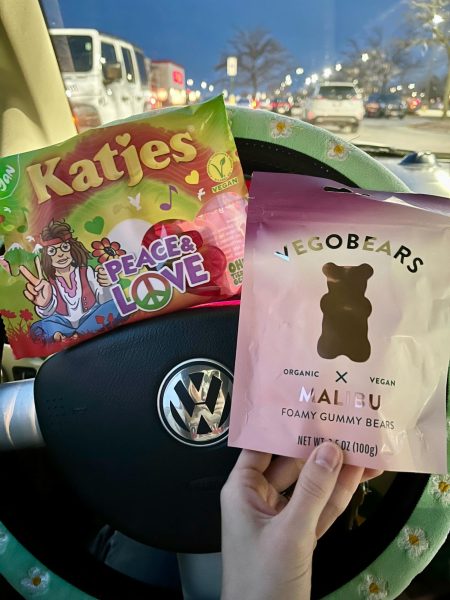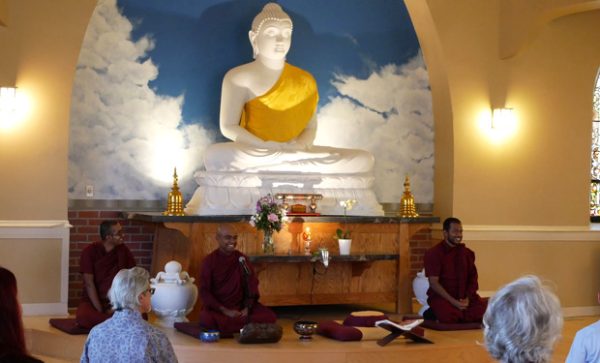Comfort is key in tough times
May 20, 2021
You come home from a long day and sit down, ready for a relaxing night. What comes to your mind when you think of comfort? Everyone has a different idea of what it means to them, as it’s different to everyone. Despite this, what all of our comforts have in common is the necessity they are to us, especially in our time of need. With it already being a year since the world’s been caught in a pandemic, this seems to be a topic that everyone has been able to openly discuss.
An article in “The New York Times” explains why we reach for something like nostalgia in times of crisis. It explains that we reach for a sense of familiarity within ourselves, perhaps returning to a time when things felt safer. Nostalgia tends to be something that many people turn to in terms of comfort. According to a quote in “National Geographic” by Clay Routledge, a psychology professor at North Dakota State University, “I believe many are turning to nostalgia [in the pandemic], even if they do not consciously realize it, as a stabilizing force and a way to keep in mind what they cherish most.”
Nostalgia is not the only thing we reach for, however; food is a very common thing that we turn to in times like this. Earlier last year, it seemed like everyone was baking bread or trying out a new recipe. The Mayo Clinic calls it emotional eating, and explains that if taken too far it can cause unhealthy weight gain or weight loss. They explain that emotional eating is used as a way to suppress negative emotions and take control by indulging on certain foods. The Mayo Clinic site says, “…your emotions can be so tied to your eating habits that you automatically reach for a treat whenever you’re angry or stressed…food also serves as a distraction. If you’re worried about an upcoming event or stewing over a conflict, for instance, you may focus on eating comfort food instead of dealing with the painful situation.” After all, there are both positives and negatives to what is comforting to us. Just because it makes us feel safe doesn’t mean that it’s healthy.
To get a better understanding of comfort and its relation to the pandemic, I wanted to learn more about how people have taken the time to dedicate themselves to comforting themselves. Struggling with mental health issues and attending college full-time, Lexi DeWitt has had stressful experiences of her own throughout the pandemic. “Big sweaters are comforting to me, for their comforting ability and just making me feel at peace,” she said. “Also a stuffed animal from my childhood; it still makes me feel comfortable having it.” She explained that nostalgia was definitely part of that as well, like a reminder of simpler times.
Throughout the pandemic many people have still been working or just trying to keep their careers in order. For many people, their downtime has been reduced. Despite DeWitt being a busy essential worker, she said, “I kind of have to [decompress]. I find it’s the only way to keep myself sane. When I was working at a chocolate factory, we would get huge rushes, and I would start breathing super heavily in a way that’s going to help me. I find that breathing and centering myself helps with that a lot.”
One thing that I kept coming back to was the question of whether more people associated comfort with an object or a certain feeling. In DeWitt’s experience, she associates it “…more with a feeling. I think being neurodivergent has made me feel a lot of social discomfort and burnout in my life. The feeling of comfort doesn’t always come from objects for me, it comes a lot with social interactions with the people I feel safe with. Objects don’t always give me that kind of comfort that I need.”
Not everyone will feel the same as DeWitt, of course. No one’s comfort is exactly the same. As mentioned before, our emotions are what motivate us to find what comforts us. “Psychology Today” states in an article about comfort that: “Emotions motivate us to do something. This may involve taking action that will alter a negative mood or reduce stress. Unlike fear, an emotion that immediately motivates you to defend yourself, emotions such as anxiety or distress are accompanied by a lot of ambiguity as far as the direction that they lead you. Comfort seeking in all of its various forms is a plausible action.”
More than ever this decade, our emotions have dictated us and controlled what we use as comfort for ourselves. No matter the difference between people’s preference, comfort has provided us some solace during this lasting year.










